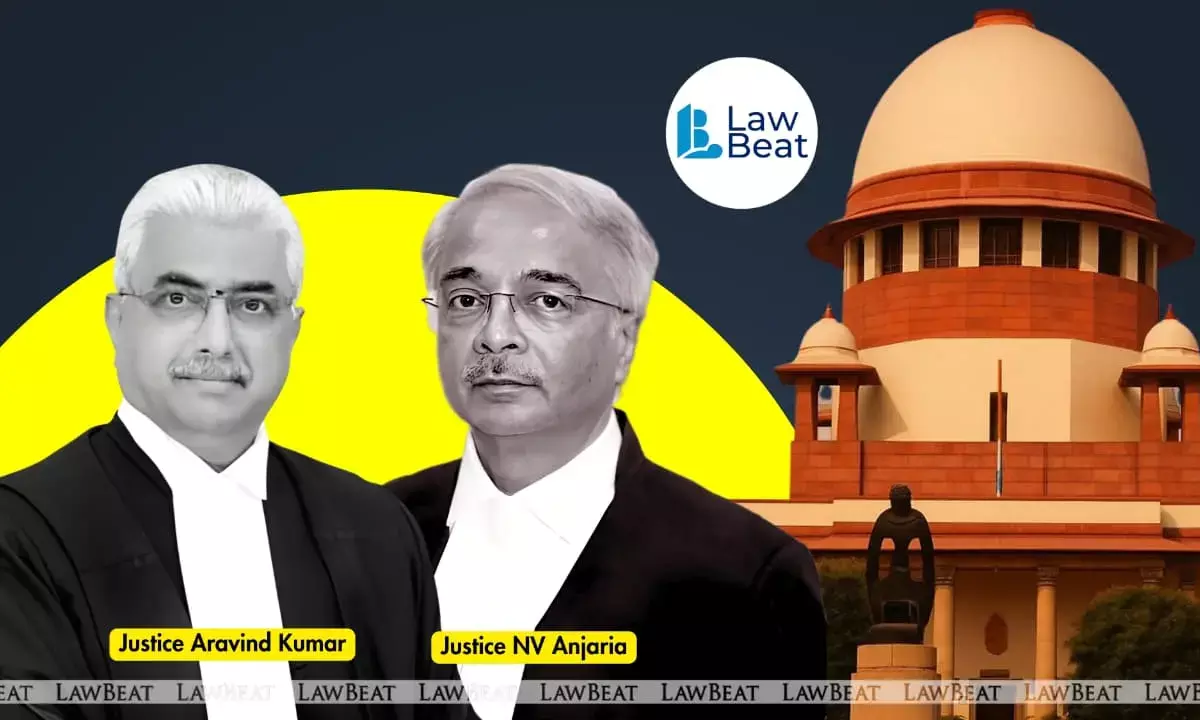Functional Disability, Not Physical Percentage, Decides Compensation under MV Act: Supreme Court Clarifies

Supreme Court pulls up courts below for ‘mechanical’ view of disability in motor accident case, enhances compensation to ₹23 lakh
The Supreme Court has substantially enhanced compensation to Rs. 23.22 lakh for a labourer whose right leg was amputated following a road accident in 2011, holding that the lower courts failed to appreciate the extent of functional disability and the resulting loss of livelihood.
A bench of Justices Aravind Kumar and N.V. Anjaria allowed in part the appeal filed by S. Ettiappan, who had sought enhancement of compensation beyond what was awarded by the Madras High Court. Court ruled that while the physical disability was assessed at 70% by the medical board, the functional disability, the real impact on earning capacity, was 100% since the appellant was employed as a loader performing physical labour.
On September 28, 2011, Ettiappan was hit by a lorry driven rashly, resulting in grievous injuries and eventual amputation of his right leg below the knee. He had sought Rs. 80 lakh as compensation, but the Motor Accident Claims Tribunal (MACT) in its April 2022 award granted only Rs. 10.30 lakh with 7.5% annual interest. The Madras High Court, in July 2024, raised the sum to Rs. 15.99 lakh, leading the appellant to approach the apex court.
Before the Supreme Court, Ettiappan’s counsel argued that the compensation under all heads was grossly inadequate, particularly because the claimant had lost his ability to earn and required an artificial limb. The insurer opposed any further enhancement, contending that the High Court’s award was already fair.
The bench observed that tribunals and appellate courts must discharge an “onerous duty” to award just and reasonable compensation, particularly when the claimant is a “rustic villager” or unaware of legal procedures. Court emphasized that social beneficial legislation like the Motor Vehicles Act must be interpreted in a manner that advances justice, not frustrates it on procedural grounds.
Criticising the tribunal for substituting its view for that of the medical experts, the Court said, "The tribunal would not sit in the armchair of an expert and re-assess disability, particularly when clear evidence is available".
While acknowledging the medical board’s 70% disability certificate, the bench noted that given Ettiappan’s manual occupation, he had effectively lost all earning capacity. Court therefore treated his functional disability as 100% and recalculated the compensation accordingly.
Court fixed the monthly income at Rs. 9,000, applied a 25% addition for future prospects, and a multiplier of 14, bringing the loss of future income to Rs. 18.9 lakh. Other heads included Rs. 27,000 for loss of income during the recovery period, Rs. 1 lakh for pain and suffering, Rs.1 lakh towards an artificial limb, and additional amounts for medical expenses, transportation, nourishment, and loss of amenities.
Rejecting the plea for Rs. 3.1 lakh specifically for an artificial limb due to absence of proof, the bench said that a “reasonable amount” of Rs. 1 lakh would meet the ends of justice.
The total compensation was computed at Rs. 23.22 lakh, carrying 7.5% annual interest from the date of the claim petition till payment. The insurance company was directed to deposit the sum before the jurisdictional tribunal within six weeks, excluding any amount already paid
Case Title: S Ettiappan Vs D Kumar & Anr
Judgment Date: October 16, 2025
Bench: Justices Aravind Kumar and N.V. Anjaria
